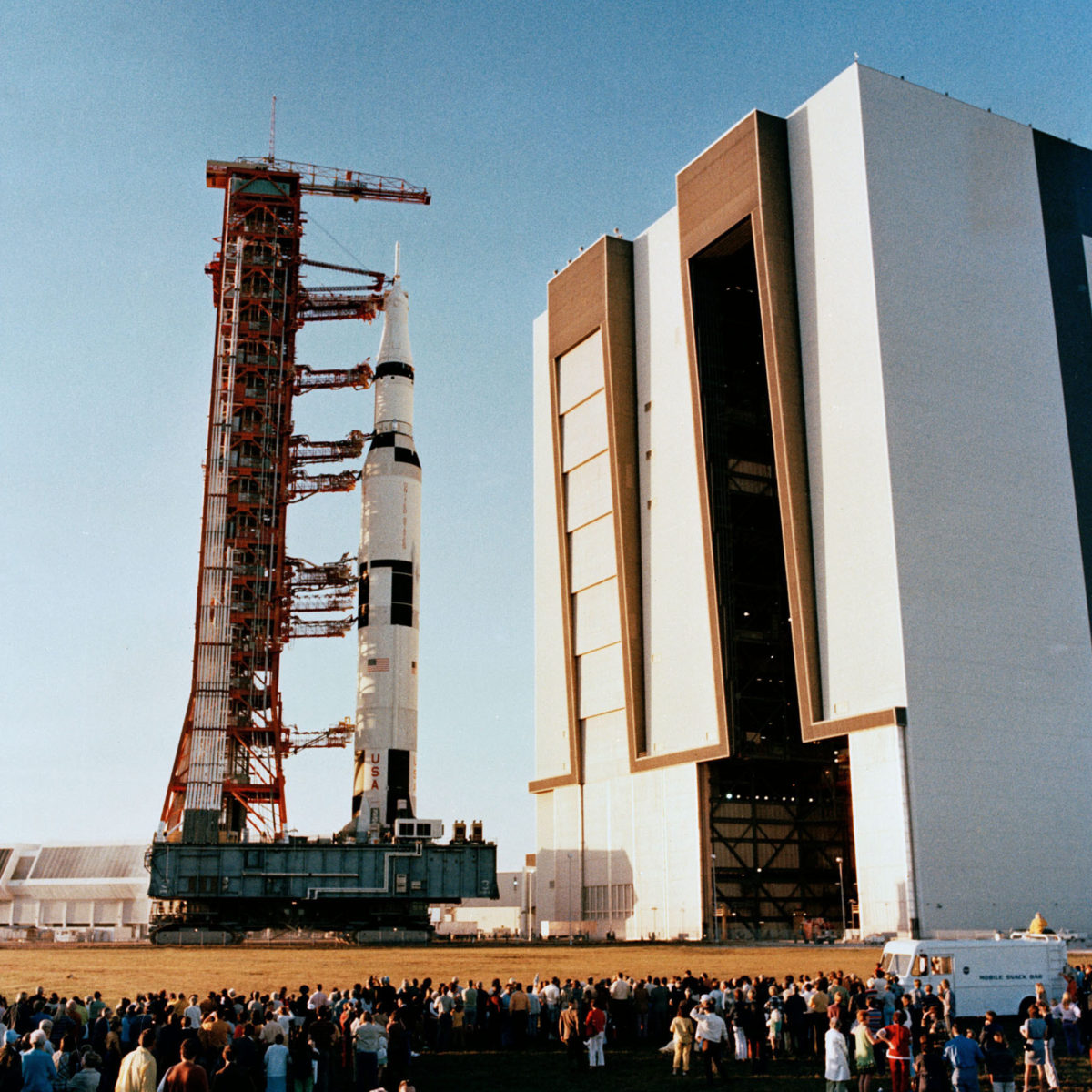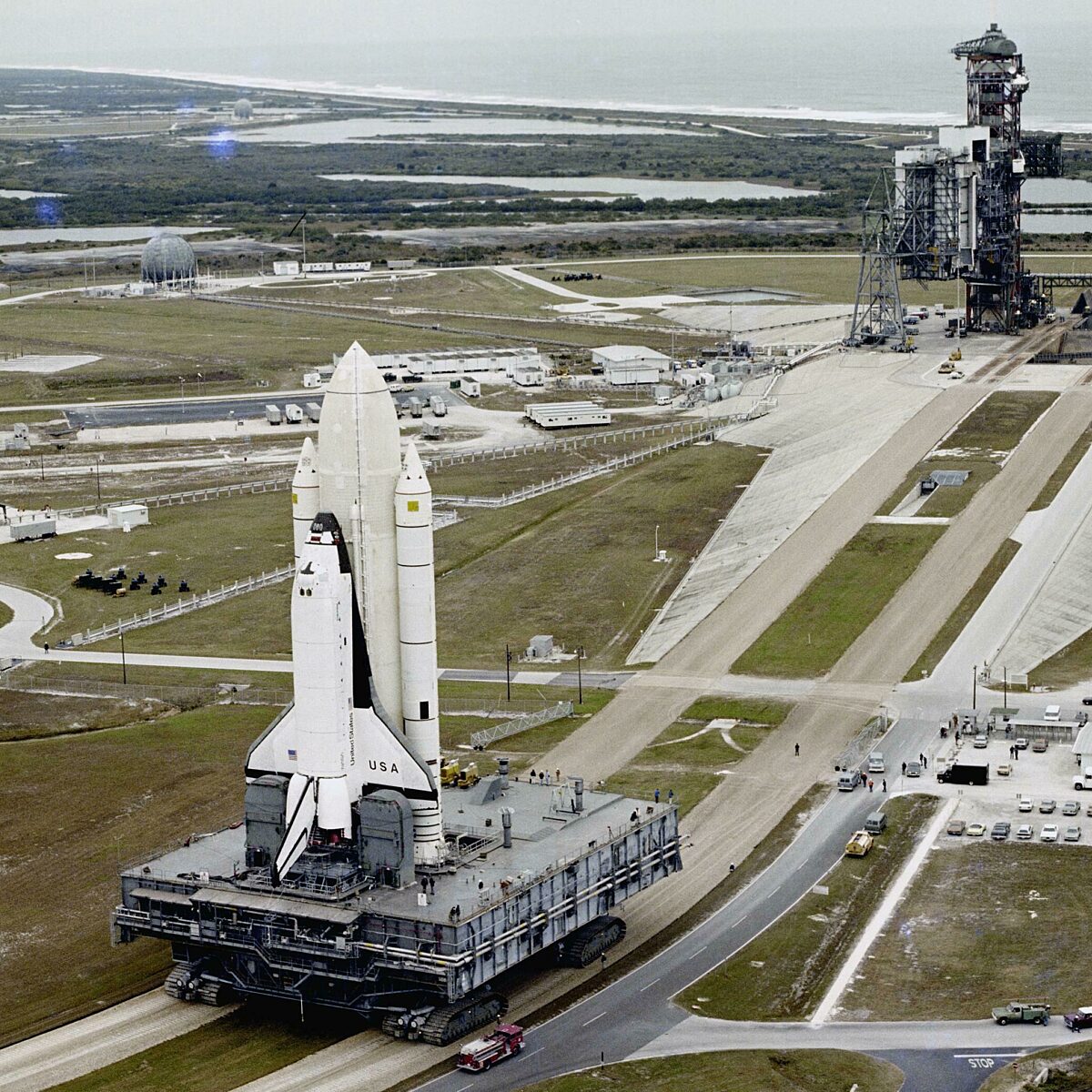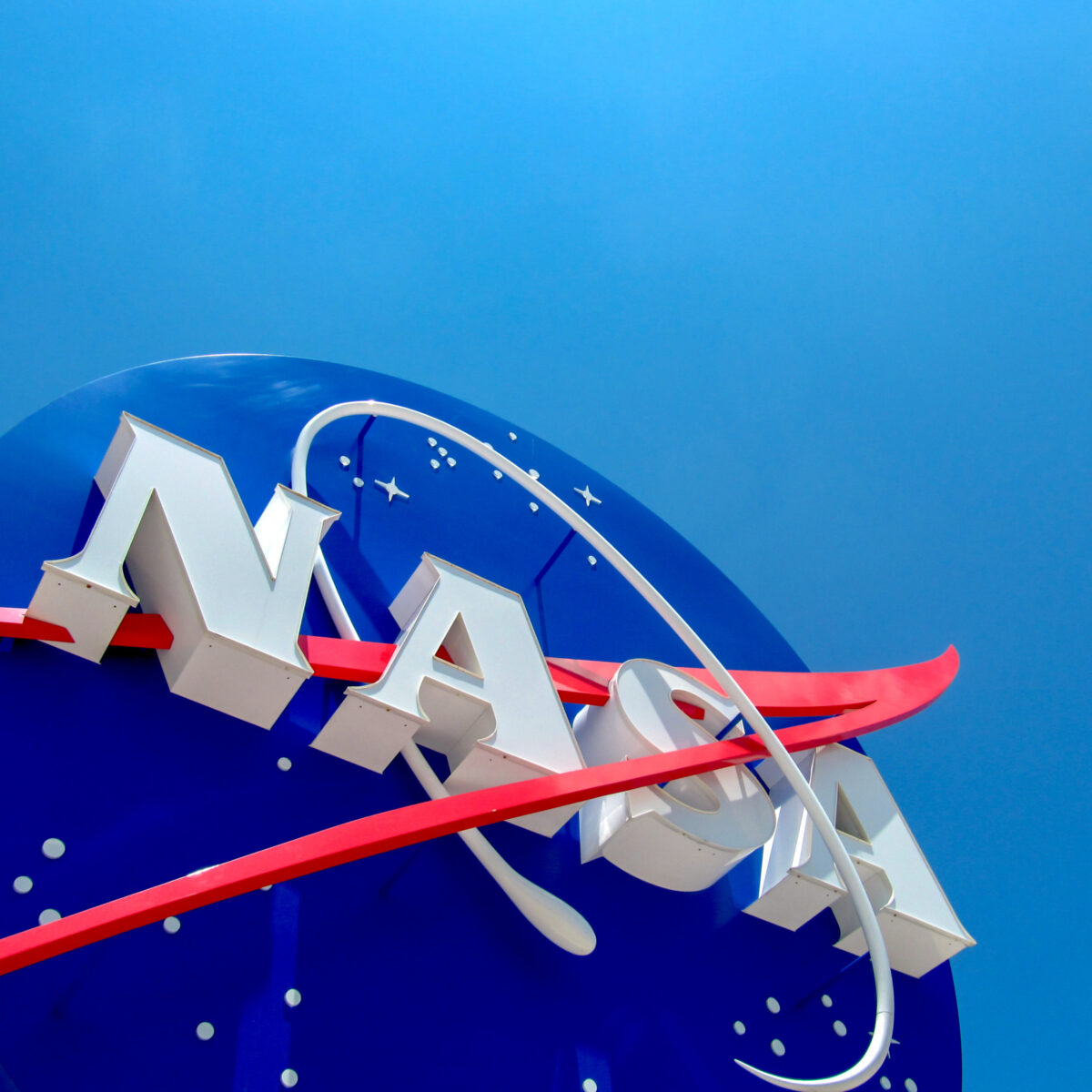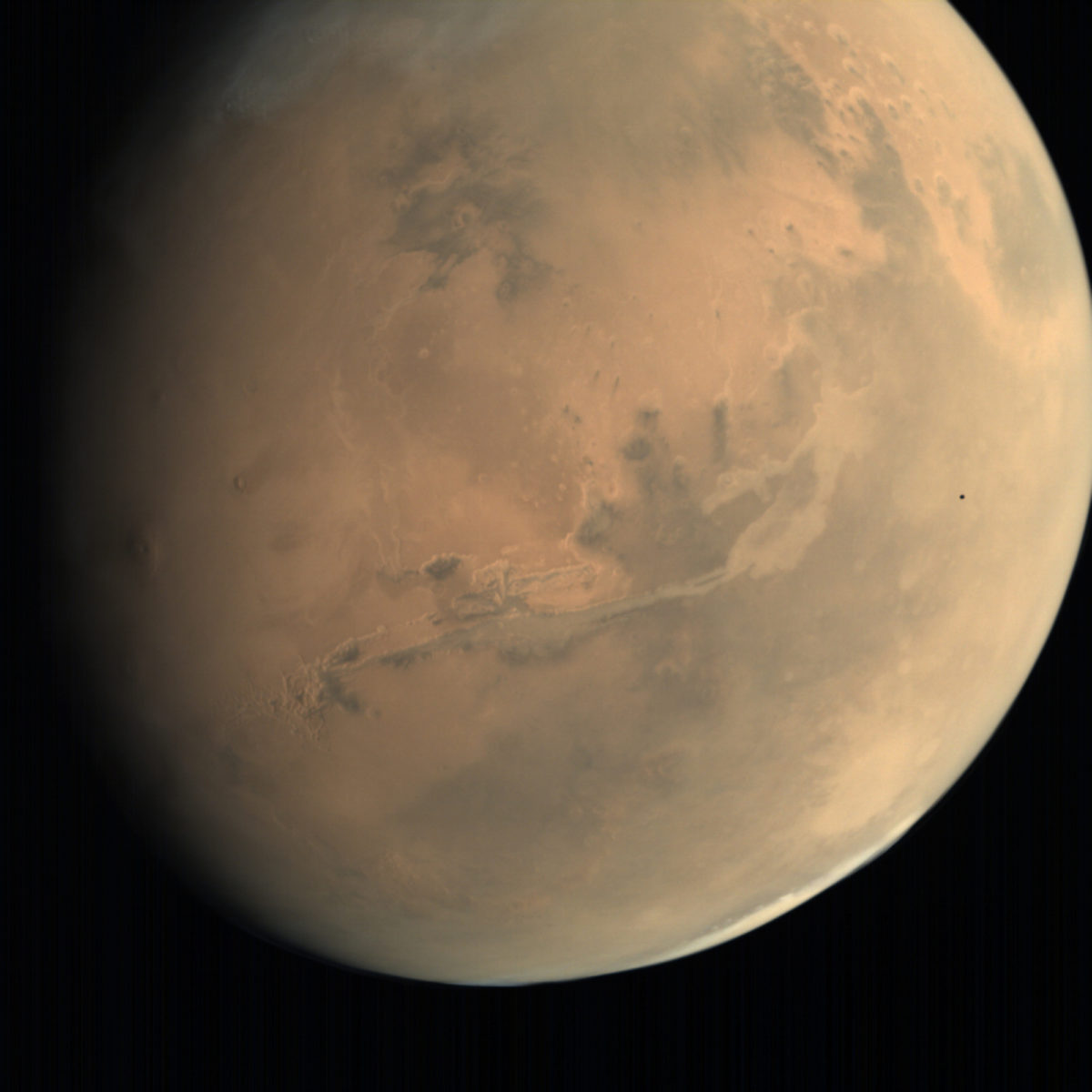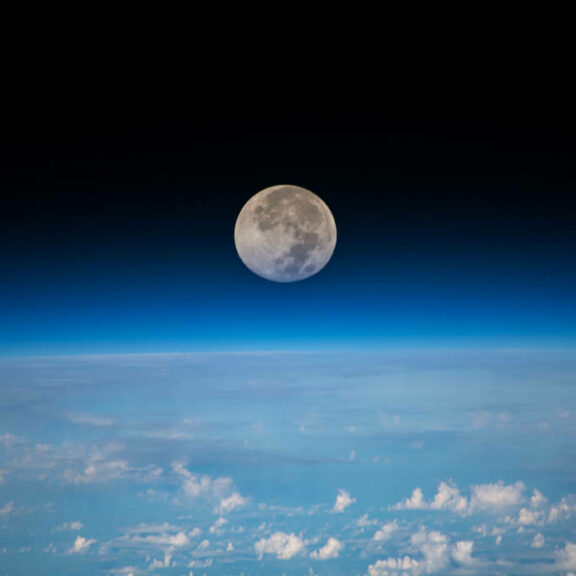Policy is the prime mover of space exploration. It sets in motion government resources, defines regulatory requirements, and releases funds from national treasures. Good policy is, therefore, critical for success in space.
The Planetary Society participates in the process of developing space policy by providing original analysis, releasing policy recommendations, and generating useful data for public and academic use.
Featured Reports
Space Policy Recommendations for the Second Trump Administration
The Planetary Society believes that by embracing a clear and unwavering commitment to exploration, discovery-based science, and the unique capabilities of public and private space sectors, NASA can help maintain technology leadership, promote an open and inquisitive culture, and enable ongoing economic prosperity. We have a solid foundation from which to work. And by embracing the unique role of NASA and its responsibility to the nation, the path forward will endure for years to come.
The Search for Life as a Guidepost to Scientific Revolution (PDF)
In this submission to the 2023 - 2032 planetary science decadal survey, The Planetary Society argued for the importance of the search for life, not just as an inspiring goal, but as a means to achieve a scientific revolution within biology and medicine. Unlike past revolutions, searching for life presents a clear pathway for success: we know how to do it, and we know where to look.
Datasets
The Planetary Exploration Budget Dataset
The cost per mission, per year, for every robotic planetary exploration effort in NASA's history.
Project Apollo Historical Cost Dataset
A rich data set tracking the costs of Project Apollo, free for public use. Includes unprecedented program-by-program cost breakdowns, facilities construction, salaries, and related programs.
How Much Did it Cost to Create the Space Shuttle?
Between 1972 and 1982, NASA spent approximately $10.6 billion to develop the space shuttle and its related facilities.
Your Guide to NASA's Budget
How big is NASA's budget right now? What was it like in the past? How does it compare to the rest of government spending? These answers, as well as charts, raw data, and original sourcing, are contained within.
Latest Articles and Analysis
President Obama Highlights Planetary Science Triumphs
At the White House Astronomy Night, President Obama highlighted some of the major triumphs of NASA and its planetary science program. Yet his 2016 budget calls for further cuts to the program.
Zero Dollars for 2016: Two Stalwart Planetary Missions Face a Troubling Future
In its 2016 budget request, the White House inexplicably proposed to end two active, scientifically productive planetary missions: the Mars Exploration Rover Opportunity and the Lunar Reconnaissance Orbiter.
NASA announces five Discovery proposals selected for further study
NASA announced the first-round selections for its next Discovery mission today. A total of five planetary mission concepts -- three targeted at asteroids, two at Venus -- will move to the next stage of the competition.
Mars Week Continues: We've Released Our 'Humans Orbiting Mars' Workshop Report
Learn all about a sustainable, affordable path to get humans to the Red Planet—a path that goes through Mars orbit and Phobos.
Planetary Radio: Space Policy Edition
The Planetary Society's Chief Advocate, Casey Dreier, hosts this monthly podcast that engages the world's experts in space policy and history to share the behind-the-scenes stories of how space exploration actually happens. Available on major podcast providers, learn how to subscribe.
Former NASA Associate Administrator Mike Gold shepherded the Artemis Accords, a set of bilateral agreements for collaboration in human space exploration. Casey Dreier spoke with him in Florida as we awaited the launch of Artemis 1.
How We Work: Space Policy & Advocacy
Space exploration doesn't just happen—it requires a vigilant and educated public to demand support for this unique program. Be one of them. We'll show you how.
Space Agencies
A look at some of the agencies that make space science and exploration possible.


 Explore Worlds
Explore Worlds Find Life
Find Life Defend Earth
Defend Earth



